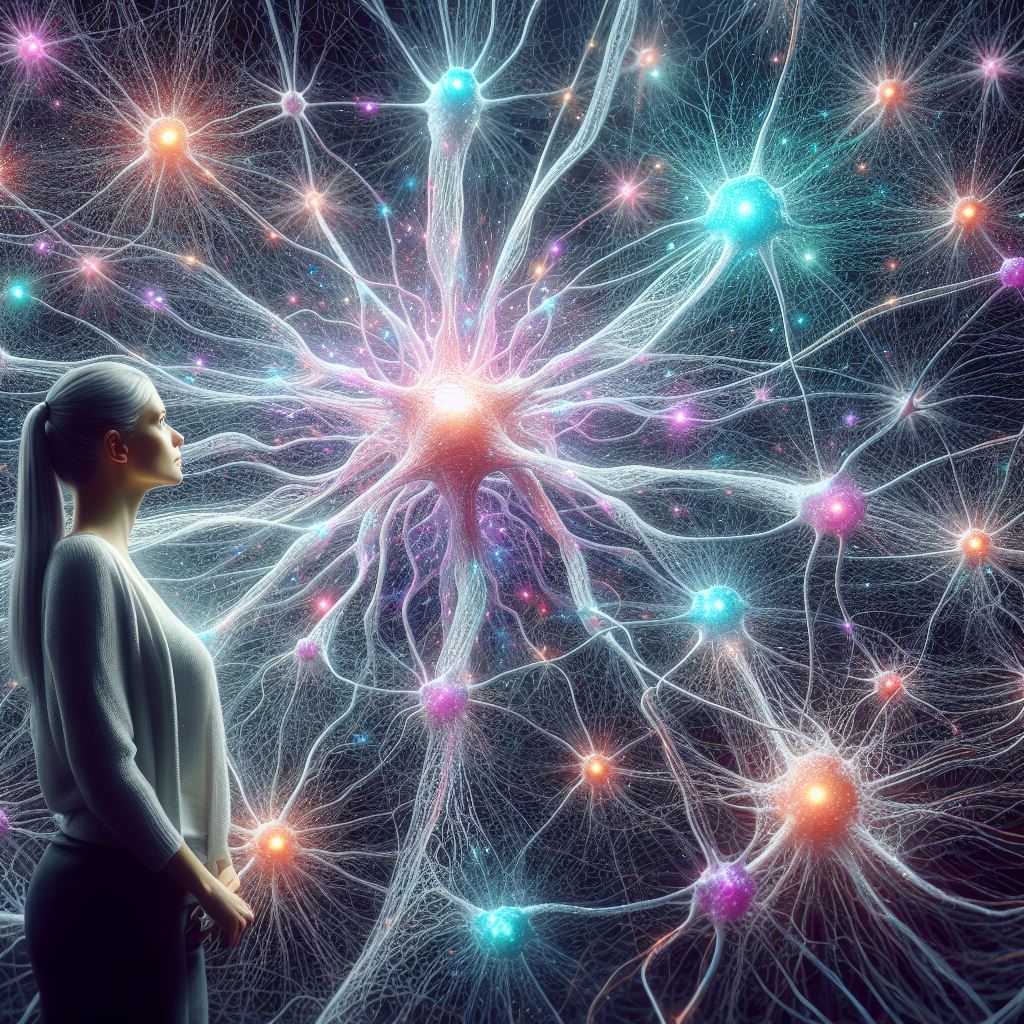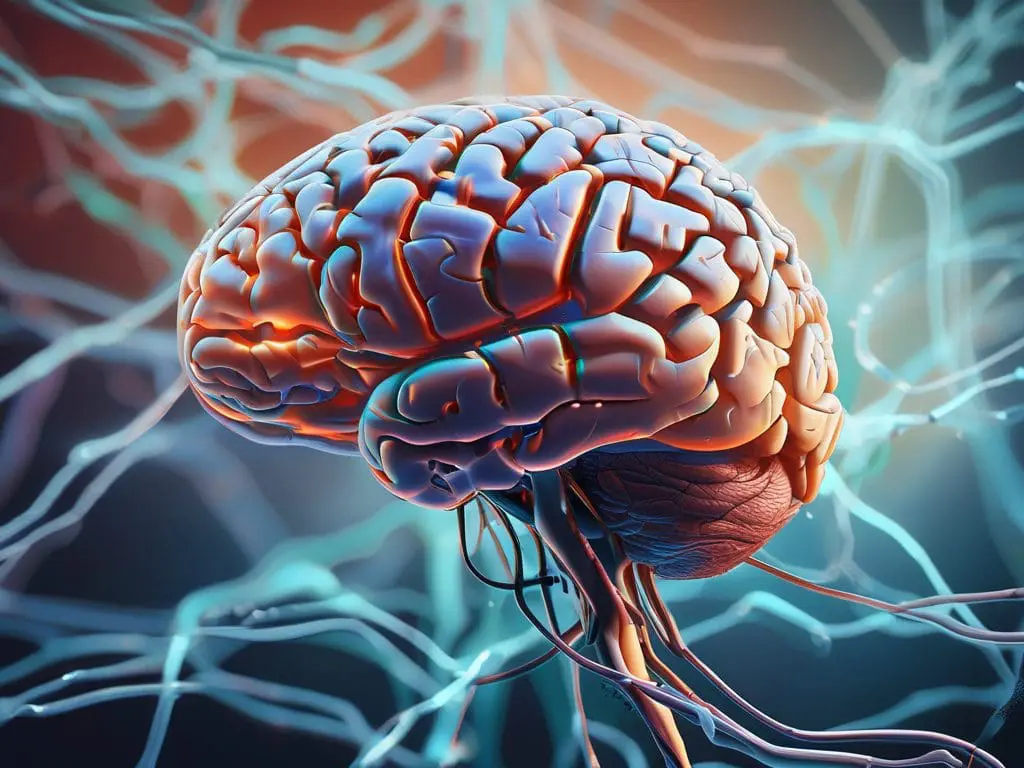Brainwashing is a term that conjures up images of sinister cults and totalitarian regimes, but the truth is that manipulation and coercive control can happen in many different settings, from abusive relationships to extremist groups to even mainstream advertisements.
So, what exactly is brainwashing, and how does it work? At its core, brainwashing is a form of psychological manipulation that aims to control a person’s thoughts, beliefs, and behaviours. It is often used as a tool for indoctrination, where individuals are made to adopt a new set of beliefs or ideologies.
But how does brainwashing actually work? One of the key mechanisms of brainwashing is the use of psychological tactics to break down a person’s sense of identity and self-worth. This can involve tactics such as isolation, sleep deprivation, and constant surveillance, which can lead to a state of vulnerability and suggestibility.
Once a person’s defences are weakened, the brainwasher can then start to introduce new beliefs and ideologies, using techniques such as repetition, fear, and reward to reinforce these new ideas. This can create a sense of dependency and loyalty to the brainwasher, as the person comes to believe that their survival or well-being is dependent on following the brainwasher’s instructions.
Another important aspect of brainwashing is the use of group dynamics to reinforce the desired beliefs and behaviours. By creating a sense of community and shared identity, the brainwasher can make it difficult for individuals to question or challenge the group’s beliefs, as doing so would mean risking rejection and ostracisation.
It’s important to note that not everyone is susceptible to brainwashing, and individuals with a strong sense of self and critical thinking skills are less likely to fall victim to manipulation. However, even the most resilient individuals can be vulnerable to brainwashing under certain circumstances, such as when they are in a state of crisis or seeking a sense of belonging.
Understanding the mechanics of brainwashing can help us to recognise and resist manipulation in all its forms. By staying informed, questioning information, and maintaining a strong sense of self, we can protect ourselves from falling prey to those who seek to control and exploit us.














